Home>Articles>How Much Does A Commercial Coffee Machine Cost
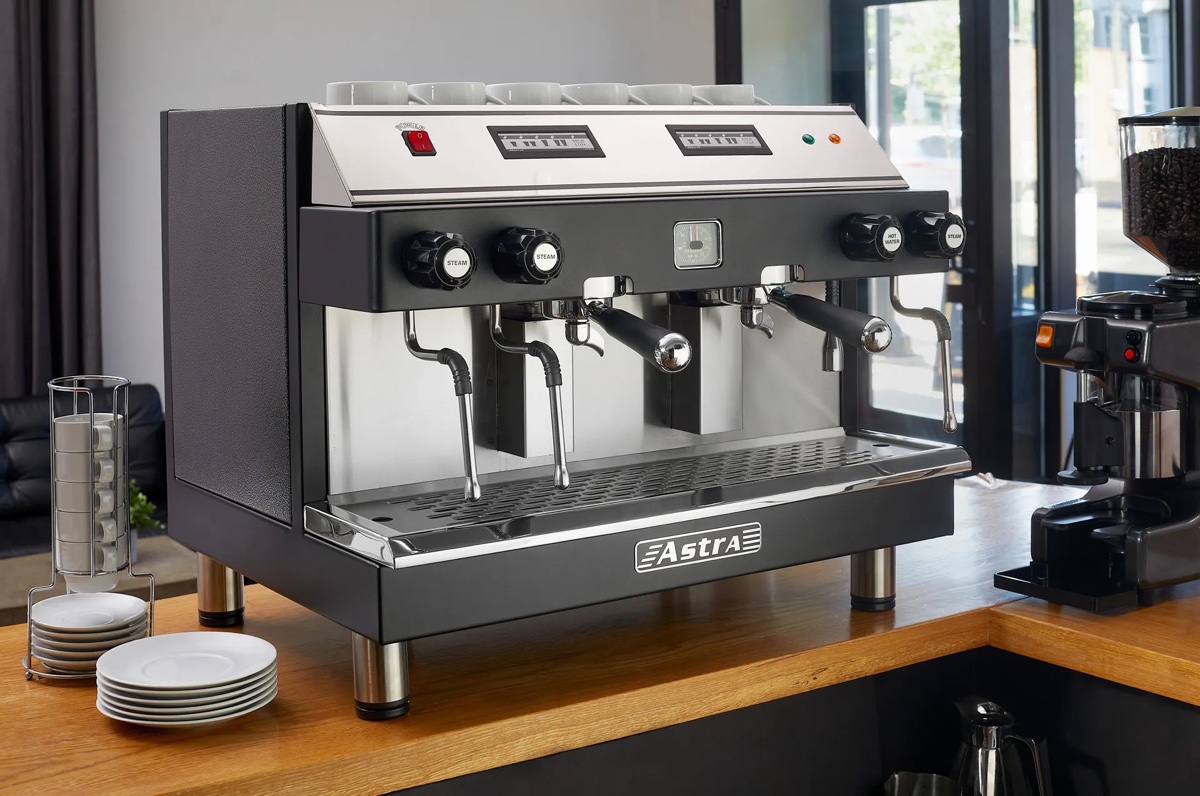

Articles
How Much Does A Commercial Coffee Machine Cost
Modified: January 19, 2024
Find out the cost of commercial coffee machines and get expert advice on buying the right one for your business. Explore our informative articles on coffee machine pricing and more.
(Many of the links in this article redirect to a specific reviewed product. Your purchase of these products through affiliate links helps to generate commission for Storables.com, at no extra cost. Learn more)
Introduction
When it comes to running a successful coffee shop, café, or restaurant, having a high-quality commercial coffee machine is essential. Not only does it allow you to serve a delicious cup of coffee to your customers, but it also adds a touch of professionalism and efficiency to your operations. However, before you can enjoy the benefits of a commercial coffee machine, you need to consider its cost.
The cost of a commercial coffee machine can vary greatly depending on several factors. It’s important to understand these factors and their impact on the price so that you can make an informed decision and find the right machine for your needs and budget. In this article, we will explore the factors that affect the cost of commercial coffee machines, the different types available, the average costs, and other expenses to consider when purchasing and maintaining a commercial coffee machine.
By the end of this article, you will have a better understanding of what to expect in terms of pricing and be equipped with the knowledge to make a wise investment in a commercial coffee machine.
Key Takeaways:
- Understanding the factors that influence the cost of commercial coffee machines, such as brand, capacity, and features, is crucial for making an informed investment that aligns with your business needs and budget.
- In addition to the upfront cost, consider ongoing maintenance, operating expenses, and additional costs associated with owning a commercial coffee machine to ensure long-term sustainability and success in the competitive coffee industry.
Factors Affecting the Cost of Commercial Coffee Machines
Several factors play a role in determining the cost of commercial coffee machines. Understanding these factors will help you assess why certain machines may have higher price tags than others and make an informed decision based on your specific needs. Here are some key factors that influence the cost of commercial coffee machines:
- Brand: The brand of the coffee machine can have a significant impact on its price. Well-established and reputable brands often charge a higher premium for their machines due to the quality, durability, and reliability they offer.
- Capacity: The capacity or output of the machine, measured in cups per hour or shots per minute, can affect its cost. Machines with higher capacities tend to be more expensive than those with smaller capacities.
- Features and Technology: Different coffee machines come with various features and technologies, such as built-in grinders, programmable settings, automatic milk frothers, and touch-screen displays. The more advanced and sophisticated the features, the higher the cost of the machine.
- Construction and Materials: The quality of materials used in the construction of the coffee machine, such as stainless steel or high-grade plastics, can impact the price. Machines with durable and robust materials tend to be pricier but offer better longevity and performance.
- Ease of Use and Maintenance: Machines that are designed to be user-friendly and require minimal maintenance may come at a higher price point. This is because they often include convenient features like self-cleaning functions or easy-to-remove parts for cleaning and maintenance purposes.
- Energy Efficiency: Coffee machines that are energy-efficient and have an eco-friendly design may have a higher upfront cost. However, they can help you save on utility bills in the long run and have a positive environmental impact.
It’s important to note that while these factors contribute to the price of commercial coffee machines, not all machines with higher costs guarantee superior quality or performance. Assessing your specific needs and comparing the value offered by different machines will ensure you find the best fit for your business.
Types of Commercial Coffee Machines
Commercial coffee machines come in various types, each offering unique features and functionalities. Understanding the different types will help you choose the right machine that aligns with your business requirements and budget. Here are the most common types of commercial coffee machines:
- Traditional Espresso Machine: This type of machine is commonly used in coffee shops and offers the most authentic espresso experience. It comes with a separate grinder, portafilter, and steam wand for frothing milk. Traditional espresso machines require skill and knowledge to operate but offer the most control over the brewing process.
- Automatic Espresso Machine: These machines are similar to traditional machines but feature automated functionalities. They have built-in grinders, programmable settings, and automatic milk frothers. Automatic espresso machines are user-friendly and ideal for businesses with a high coffee volume or less-experienced baristas.
- Super-Automatic Espresso Machine: This type of machine takes automation to the next level. It handles the entire coffee-making process with the push of a button, from grinding the beans to brewing the coffee and even dispensing milk for lattes and cappuccinos. Super-automatic machines are efficient, convenient, and require minimal barista skills.
- Drip Coffee Maker: Drip coffee makers are commonly used in offices, hotels, and self-service environments. They brew large volumes of coffee quickly and are simple to operate. Drip coffee makers are cost-effective and suitable for businesses that prioritize convenience and speed over specialized coffee offerings.
- Pour-Over Coffee Maker: Pour-over coffee makers provide a manual brewing experience and allow for precise control over the brewing process. They use a separate kettle to pour hot water over the coffee grounds, resulting in a flavorful and aromatic cup of coffee. Pour-over coffee makers are popular in specialty coffee shops and establishments that focus on artisanal brewing techniques.
- French Press: Although not typically considered a commercial coffee machine, French presses can be used in small-scale establishments or for catering purposes. These devices produce a rich and bold coffee flavor by steeping the coffee grounds in hot water and then pressing the plunger to separate the grounds. French presses are affordable and deliver a unique coffee experience.
When choosing a commercial coffee machine, consider factors such as the volume of coffee you need to produce, the level of control you desire, and the expertise of your baristas. This will help you determine the most suitable type of machine for your business.
Average Cost of Commercial Coffee Machines
The cost of a commercial coffee machine can vary significantly depending on its type, brand, features, and capacity. While it’s difficult to provide an exact price range, we can provide you with a general idea of the average costs involved. Keep in mind that these figures are estimates and may vary depending on various factors.
Traditional espresso machines, which offer the most control and customization, can range from $2,000 to $10,000 or even more, depending on the brand and features. These machines are typically used by coffee shops and businesses that prioritize the quality of their espresso.
Automatic espresso machines that offer automated functionalities are generally priced between $1,000 and $5,000. These machines are popular in busy coffee shops and establishments that want to streamline their operations without compromising on the quality of their coffee.
Super-automatic espresso machines, with their high level of automation and convenience, typically fall within the price range of $5,000 to $20,000 or more. These machines are commonly used in high-volume environments such as hotels, large cafes, and restaurants.
Drip coffee makers, which are more simplistic and suited for high coffee volume settings, can range from $200 to $1,000. These machines are often found in offices and self-service establishments.
Pour-over coffee makers, known for their manual brewing experience and specialty brews, can range from $100 to $500, depending on the brand and capacity. These machines are popular in specialty coffee shops and establishments that prioritize handcrafted coffee.
French presses, although not typically considered commercial coffee machines, are relatively affordable and can range from $20 to $100. They are commonly used in small-scale establishments and for catering purposes.
It’s important to note that the above prices are just averages and can vary based on your specific requirements, the quality and reputation of the brand, and any additional features or accessories you may need. Make sure to research and compare prices from different suppliers before making a final decision.
When considering the cost of a commercial coffee machine, it’s important to factor in not only the initial purchase price, but also ongoing expenses such as maintenance, repairs, and the cost of coffee beans or pods.
Factors to Consider when Purchasing a Commercial Coffee Machine
Choosing the right commercial coffee machine for your business involves considering several factors that will impact its performance, efficiency, and overall value. By carefully evaluating these factors, you can make an informed decision and invest in a coffee machine that meets your specific needs. Here are some essential factors to consider when purchasing a commercial coffee machine:
- Volume and Capacity: Determine the amount of coffee you need to produce daily. Consider the number of cups or shots per hour that the machine can handle to ensure it can keep up with your demand.
- Budget: Set a budget for your coffee machine investment. Consider not only the upfront cost but also the long-term maintenance and operating costs.
- Quality and Durability: Look for a coffee machine made of high-quality materials that will withstand constant use and provide durability. Stainless steel construction is often preferred for its sturdiness and longevity.
- User-Friendliness: Consider the ease of use and intuitive operation of the machine. Look for features like programmable settings, touch-screen displays, and clear instructions for a seamless user experience.
- Service and Support: Research the brand’s reputation for customer service and technical support. Consider warranties, available spare parts, and the convenience of servicing the machine.
- Space and Layout: Evaluate the available space in your establishment and ensure the coffee machine fits comfortably. Consider the layout and whether the machine’s design and dimensions will allow for efficient workflow.
- Water Source and Plumbing: Determine whether the machine requires a direct water line connection or can operate through manual water filling. Consider your establishment’s plumbing setup and the feasibility of installation.
- Energy Efficiency: Look for coffee machines with energy-saving features such as programmable timers, automatic shut-off, or low-power modes. This will help reduce energy consumption and save on utility bills.
- Maintenance and Cleaning: Consider how easy it is to clean and maintain the machine. Look for features like self-cleaning functions or easily removable parts for effortless maintenance.
- Reviews and Recommendations: Read reviews, seek recommendations, and gather feedback from other businesses or professionals in the industry who have experience with the coffee machines you’re considering. Learn from their insights and experiences.
By taking these factors into account, you can narrow down your options and find a commercial coffee machine that not only meets your brewing requirements but also fits within your budget and integrates seamlessly into your business operations.
Maintenance and Operating Costs of Commercial Coffee Machines
Purchasing a commercial coffee machine is not just a one-time investment; it also involves ongoing maintenance and operating costs. Understanding these costs will help you plan your budget and ensure the longevity and optimal performance of your machine. Here are the key factors to consider regarding maintenance and operating costs:
- Cleaning and Maintenance: Regular cleaning and maintenance are crucial for the proper functioning of your coffee machine. You may need to purchase cleaning supplies, such as descaling solution, cleaning tablets, or brushes, to keep the machine clean and free from buildup. Additionally, factor in the cost of replacing any worn-out or damaged parts as needed.
- Water Filtration System: Depending on the quality of your water, you may need to invest in a water filtration system to remove impurities and mineral deposits. This will help prevent scale buildup and extend the lifespan of your machine. Consider the cost of purchasing and maintaining a water filtration system as part of your operating expenses.
- Consumables: Take into account the cost of consumables such as coffee beans, milk, disposable cups, stirrers, and other supplies that you need to regularly replenish. These costs will vary based on your coffee volume and the quality of the products you choose.
- Utilities: Operating a commercial coffee machine will increase your electricity and water consumption. Evaluate the impact on your utility bills and include these costs in your operating expenses. Consider energy-efficient machines to minimize long-term energy costs.
- Training and Labor: If your staff requires training on operating the coffee machine or if you hire specialized baristas, consider the cost of training or labor when calculating your operating expenses. Skilled baristas may demand higher wages, but they can play a significant role in delivering quality coffee and optimizing machine performance.
- Warranty and Extended Coverage: Check the warranty period and coverage offered by the manufacturer. If necessary, consider purchasing extended warranty or service plans to safeguard your investment and minimize repair costs.
- Repair and Servicing: Despite regular maintenance, coffee machines may require occasional repairs or servicing. These costs can vary depending on the complexity of the issue and the availability of spare parts. It’s prudent to budget for potential repair expenses to ensure a smooth and uninterrupted operation.
- Lifecycle and Replacement: Coffee machines have a limited lifespan, even with proper maintenance. Consider the average lifespan of the machine you are purchasing and prepare for its eventual replacement. This will help you incorporate replacement costs into your long-term financial plan.
By accounting for these maintenance and operating costs, you can ensure the sustainability and efficient operation of your commercial coffee machine. Regular maintenance and proper care will not only extend the life of your machine but also contribute to the consistent production of high-quality coffee for your customers.
Additional Expenses Associated with Commercial Coffee Machines
When budgeting for a commercial coffee machine, it is important to consider the additional expenses that are associated with owning and operating one. These expenses go beyond the initial purchase price and ongoing maintenance costs. Here are some key additional expenses to keep in mind:
- Installation Costs: Depending on the type of coffee machine you choose, you may need to factor in installation costs. This could include plumbing work, electrical wiring, or other modifications to ensure the machine is properly installed and meets local regulations and safety standards.
- Accessories and Add-ons: Consider any additional accessories or add-ons that may be necessary for your coffee machine. This could include things like extra portafilters, steam pitchers, tampers, or specific grinder attachments. These accessories can enhance the functionality and performance of your machine but come at an additional cost.
- Training and Education: If your staff is new to operating commercial coffee machines or if you want to refine their barista skills, you may need to invest in training and education programs. This could involve sending staff members to coffee academies, hiring professional trainers, or subscribing to online barista training courses.
- POS System Integration: If you are using a coffee machine that is compatible with a point-of-sale (POS) system, there may be additional expenses involved in integrating the two. This could include purchasing the necessary software or hardware components to sync your coffee machine’s sales data with your POS system.
- Promotional Materials: To market your coffee offerings and attract customers, you may need to invest in promotional materials such as menu boards, signage, or branded coffee cups. While not directly related to the coffee machine itself, these expenses are important for building your brand and increasing visibility.
- Equipment Upgrades and Replacements: As your business grows or industry standards evolve, you may find the need to upgrade or replace certain components of your coffee machine setup. This could include upgrading to a newer model, replacing grinders, or investing in additional equipment such as a separate milk frother.
- Innovation and Trends: Staying competitive in the coffee industry often requires keeping up with the latest trends and innovations. This may involve experimenting with new brewing techniques, investing in specialty coffee equipment, or sourcing unique beans. Incorporate these potential expenses into your long-term planning to stay ahead of the curve.
Understanding and budgeting for these additional expenses will give you a more comprehensive picture of the true cost of owning and operating a commercial coffee machine. By considering all these factors, you can make informed decisions and set realistic expectations for your coffee business.
Conclusion
Investing in a commercial coffee machine is a significant decision for any business in the coffee industry. Understanding the factors that affect the cost, the different types available, and the associated expenses is crucial for making an informed choice that aligns with your specific needs and budget.
Factors such as brand, capacity, features, construction, and energy efficiency all contribute to the cost of a commercial coffee machine. It’s important to strike a balance between the desired functionalities and your budget, ensuring that you choose a machine that meets your daily coffee production requirements.
The various types of commercial coffee machines, such as traditional espresso machines, automatic espresso machines, drip coffee makers, and pour-over coffee makers, offer different levels of control, simplicity, and customization. Consider the type that best suits your business model, target audience, and desired coffee offerings.
When purchasing a commercial coffee machine, it’s important to consider additional factors such as ongoing maintenance and operating costs. Regular cleaning and maintenance, water filtration systems, consumables, utilities, and potential repair or servicing expenses should all be accounted for to ensure the optimal performance and longevity of your machine.
Finally, there are various additional expenses associated with commercial coffee machines, such as installation costs, accessories and add-ons, training and education, POS system integration, promotional materials, equipment upgrades, and staying abreast of industry trends. Taking these into account will help you plan and budget effectively, avoiding any surprises down the line and enabling your business to thrive in a competitive market.
By carefully considering these factors and expenses, you can make a well-informed decision when purchasing a commercial coffee machine. Remember to research different brands, read reviews, and seek expert advice to find the best machine for your specific needs. A high-quality and properly maintained coffee machine will not only deliver delicious cups of coffee but also contribute to the overall success and reputation of your business.
Frequently Asked Questions about How Much Does A Commercial Coffee Machine Cost
Was this page helpful?
At Storables.com, we guarantee accurate and reliable information. Our content, validated by Expert Board Contributors, is crafted following stringent Editorial Policies. We're committed to providing you with well-researched, expert-backed insights for all your informational needs.
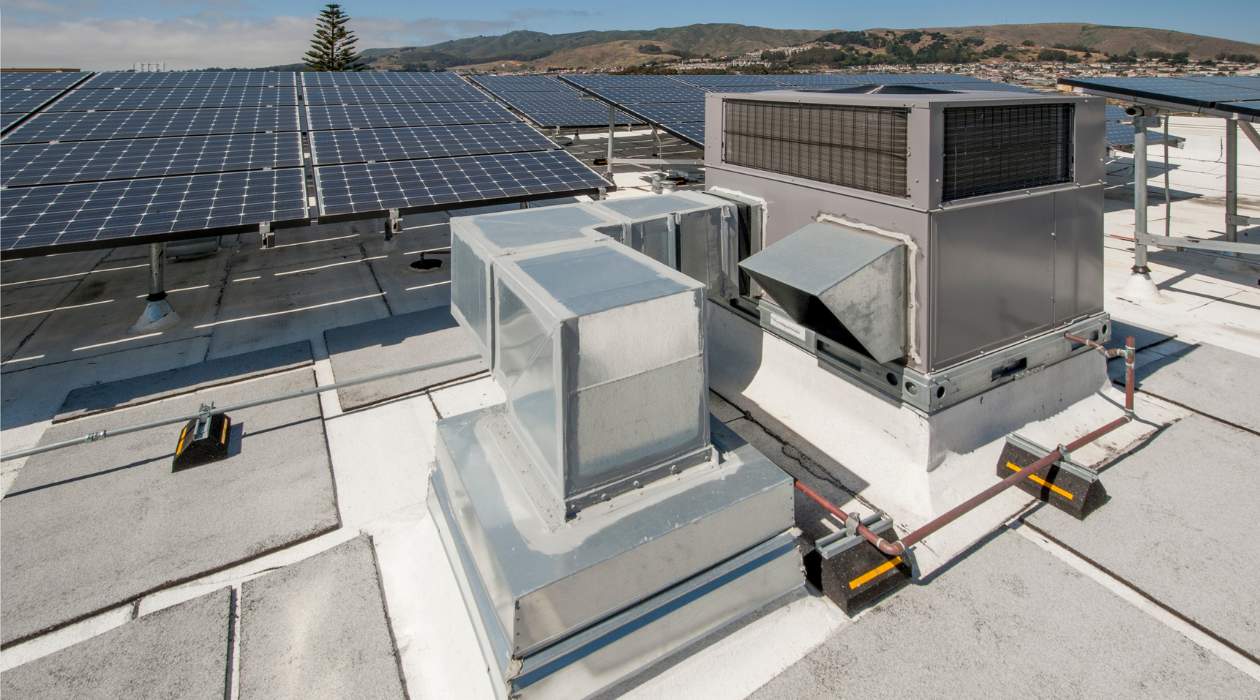
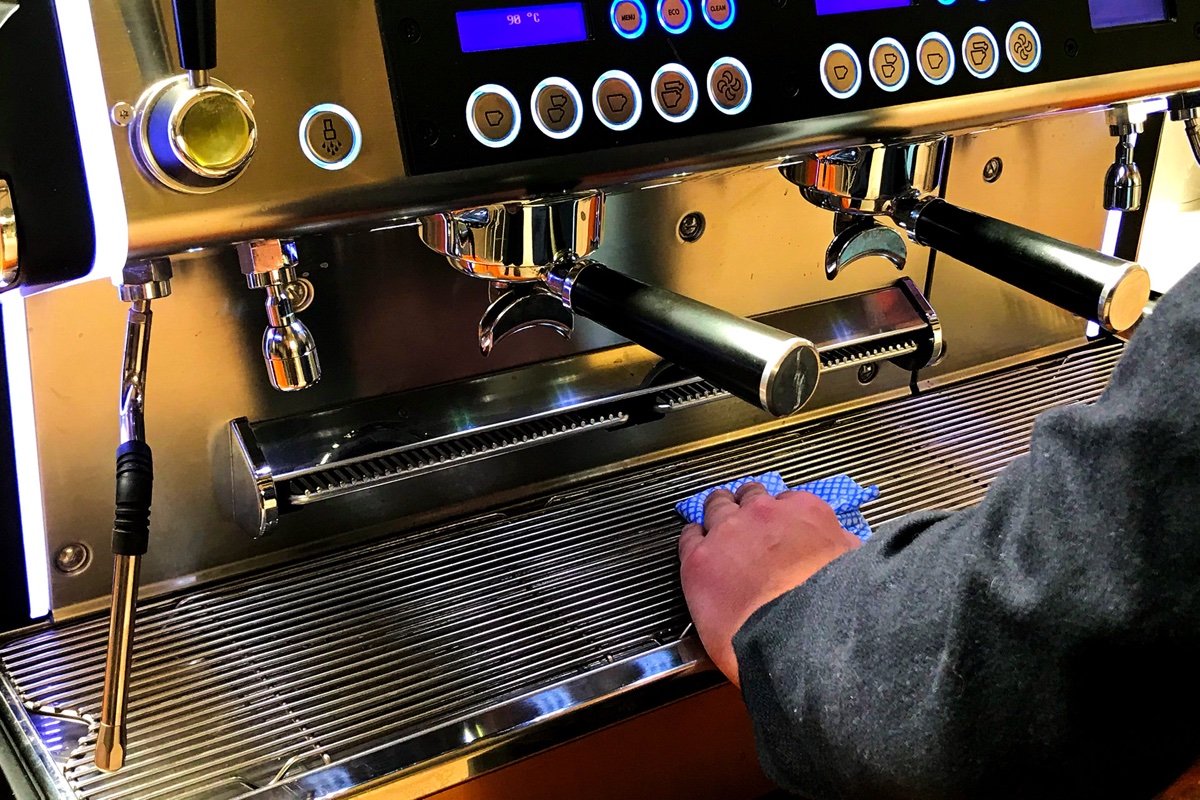
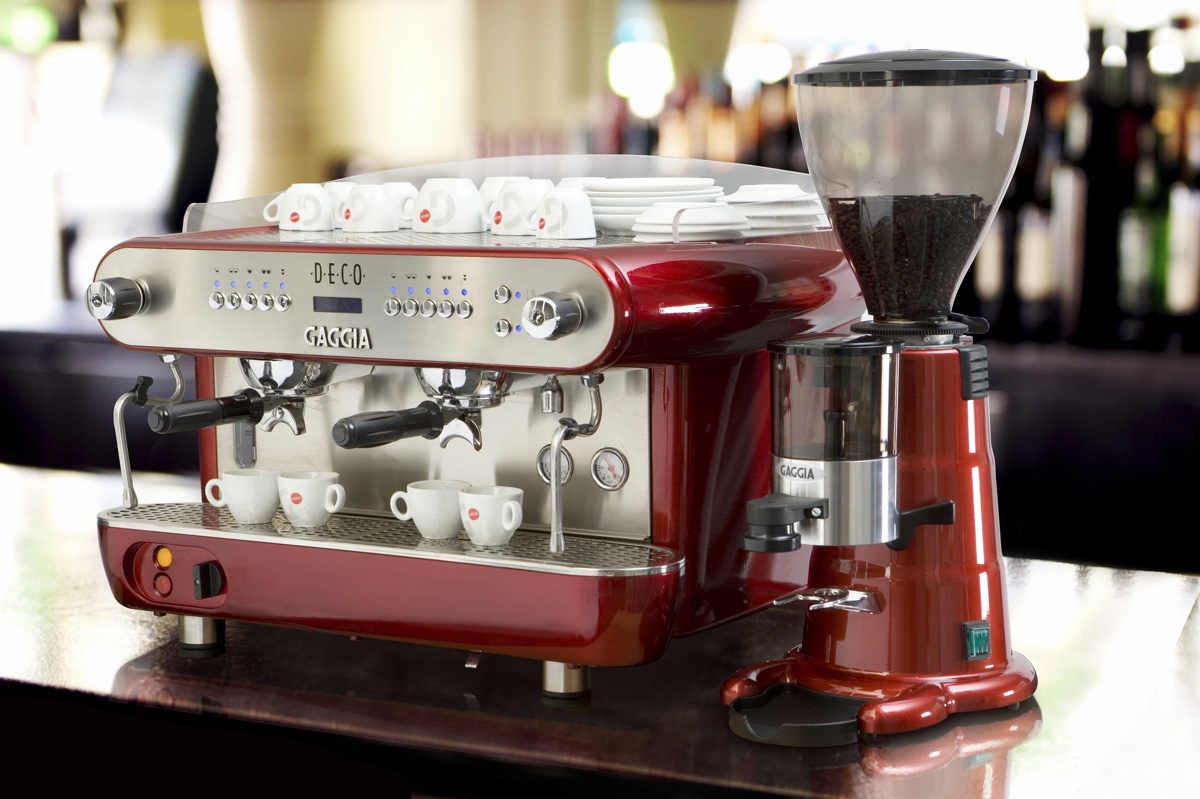
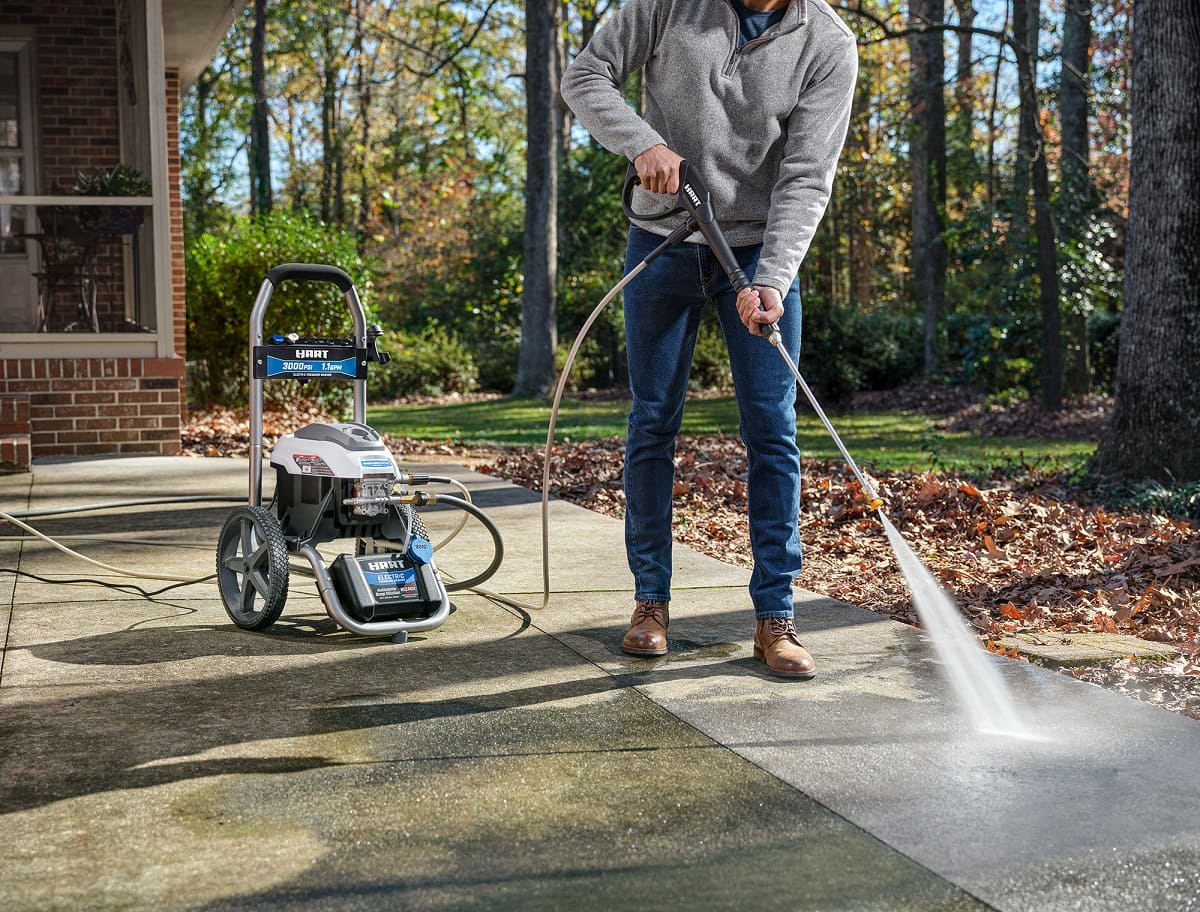
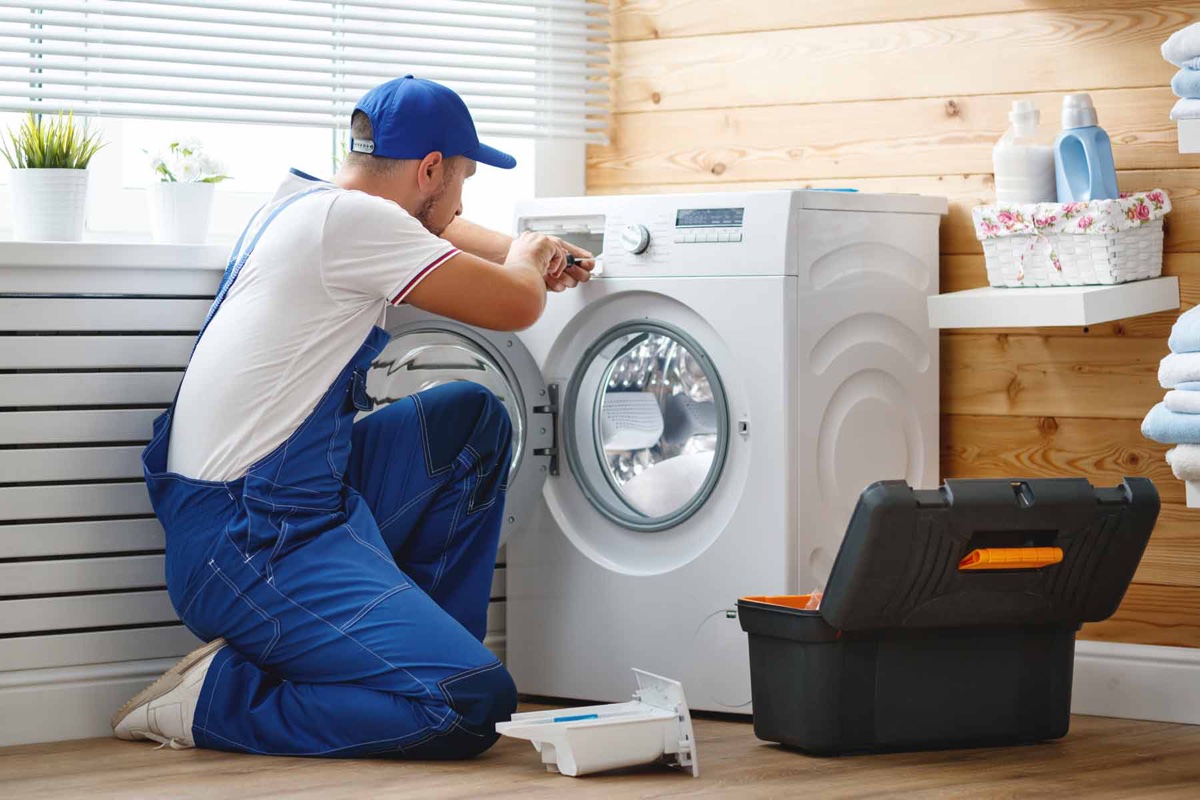
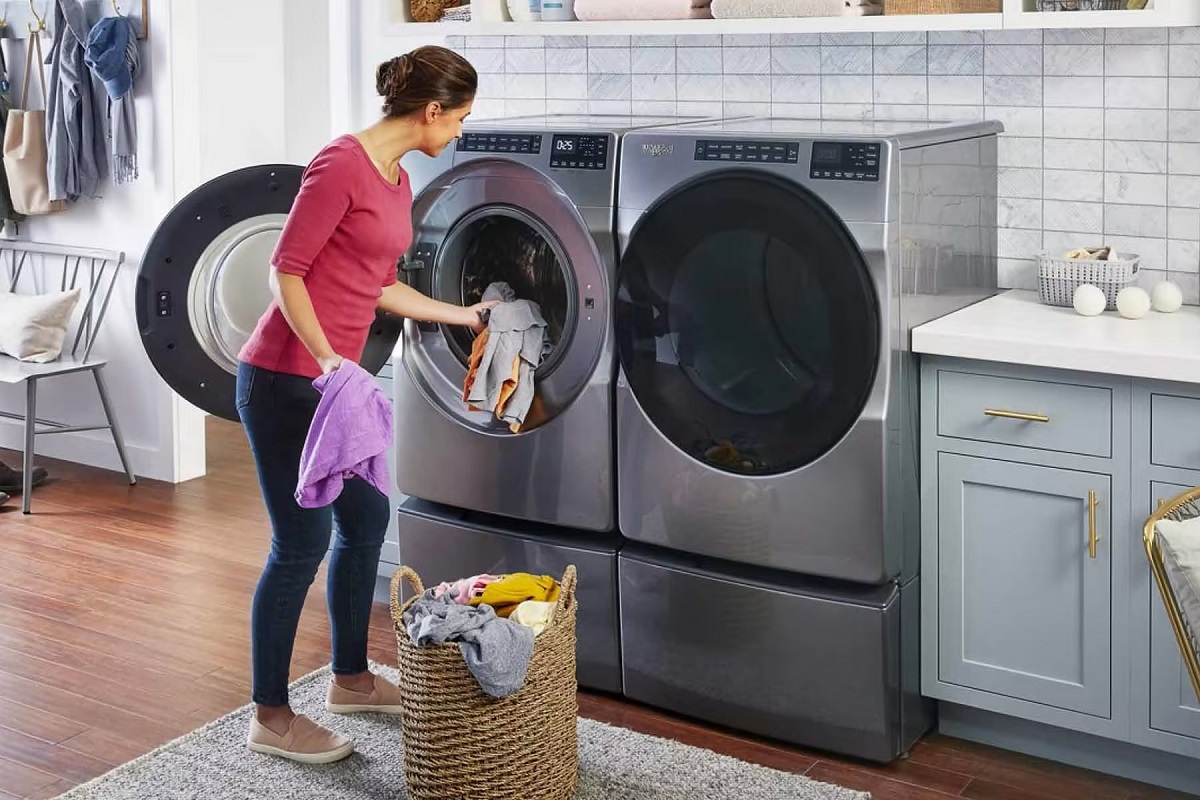
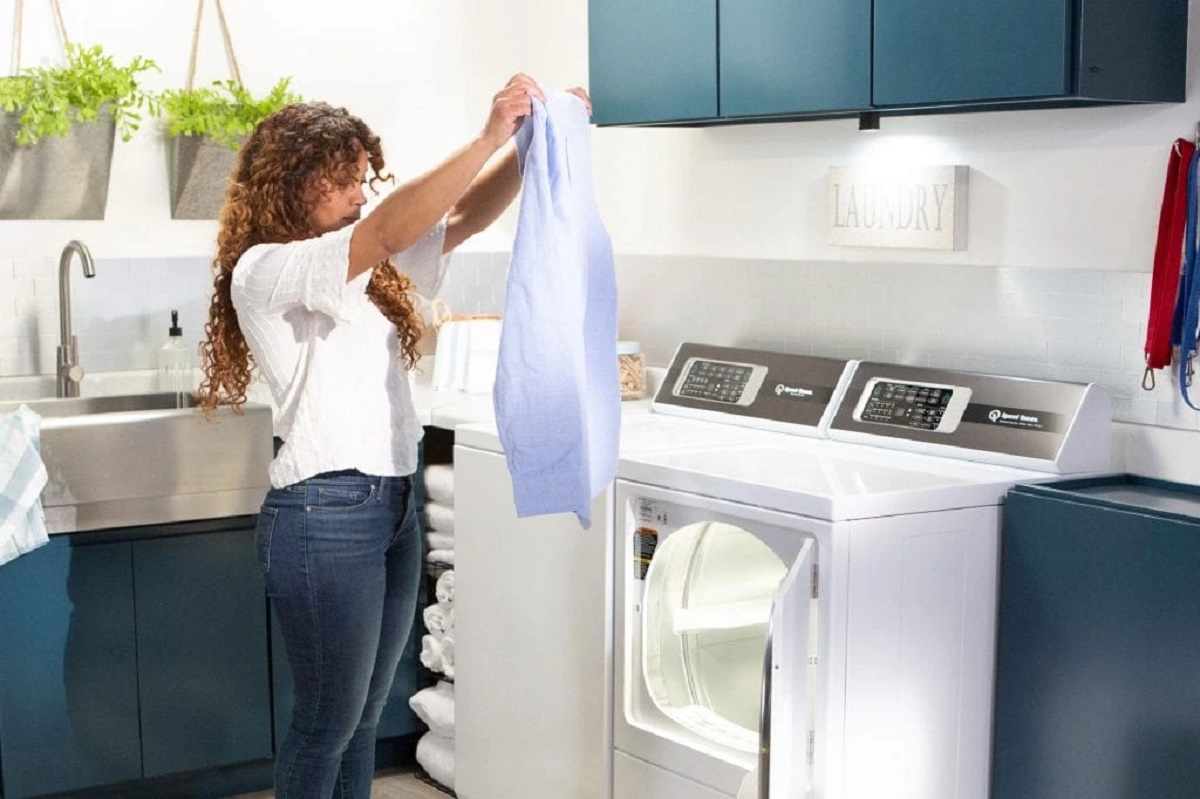
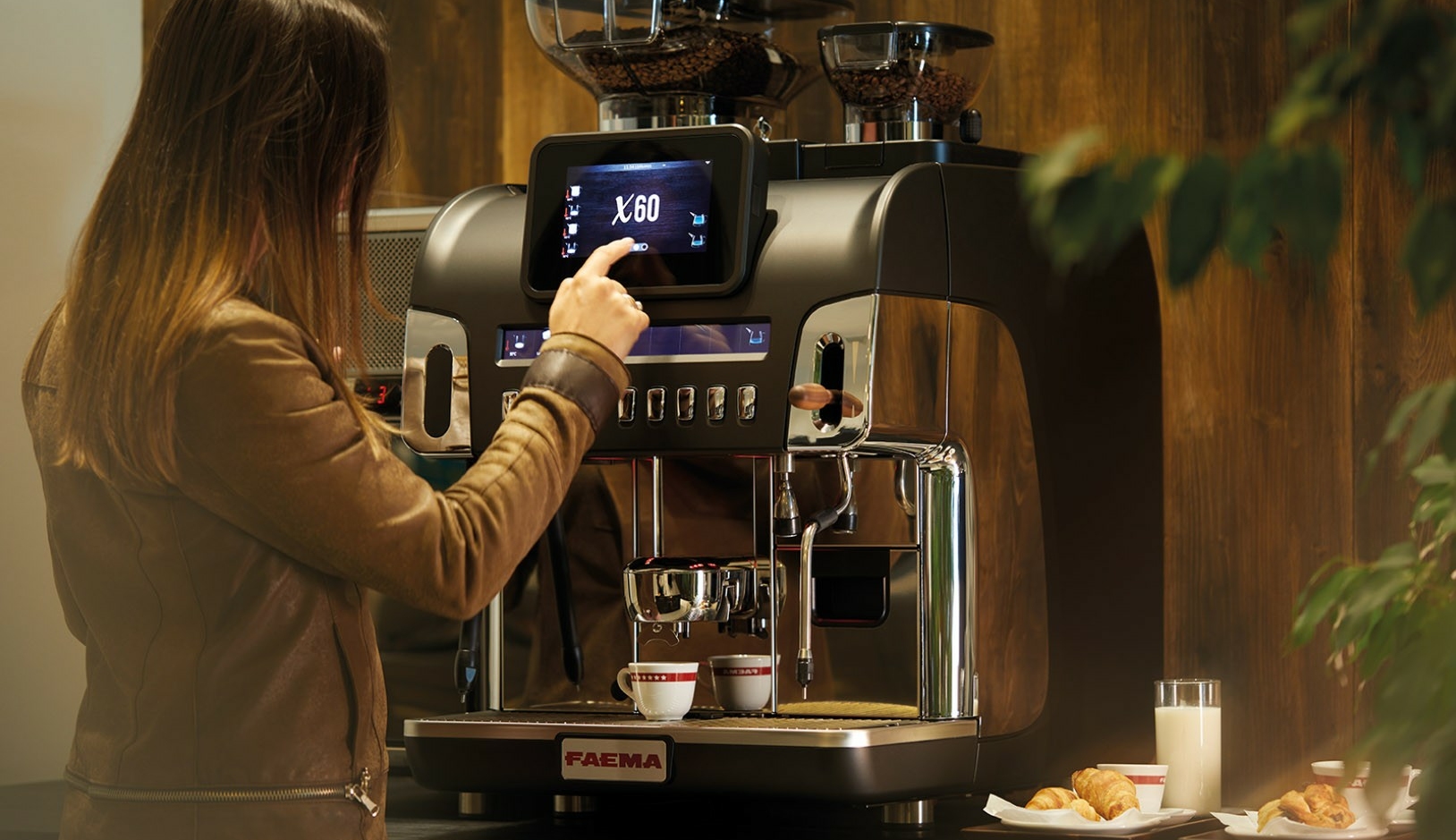
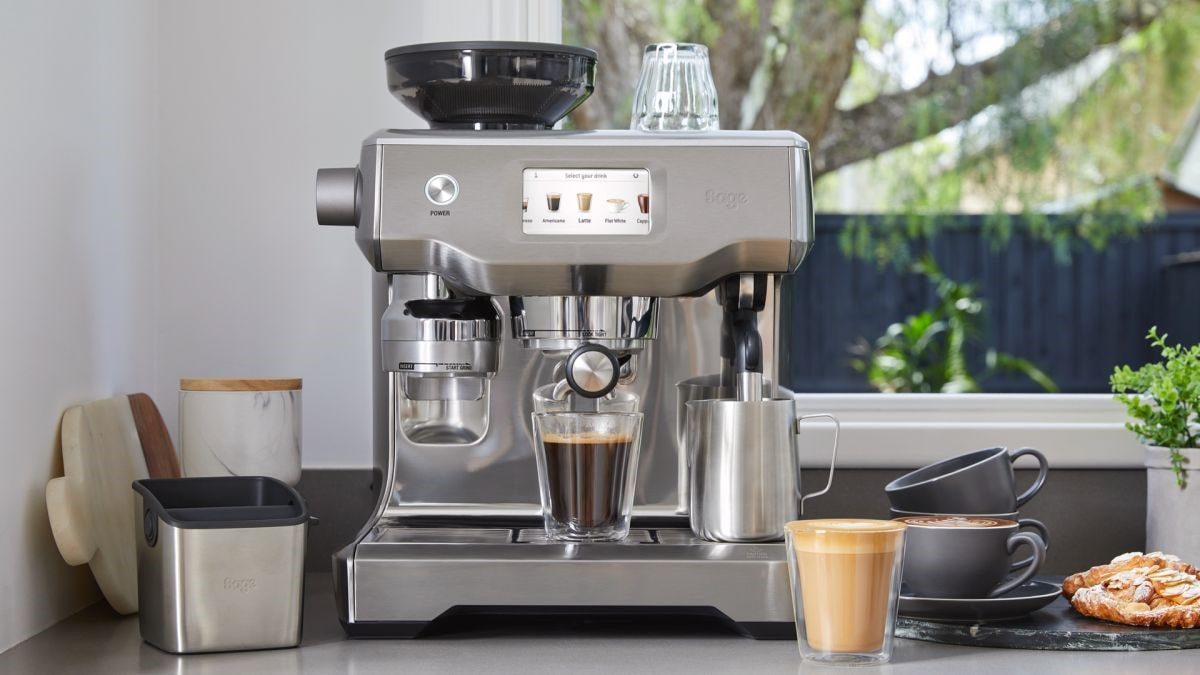
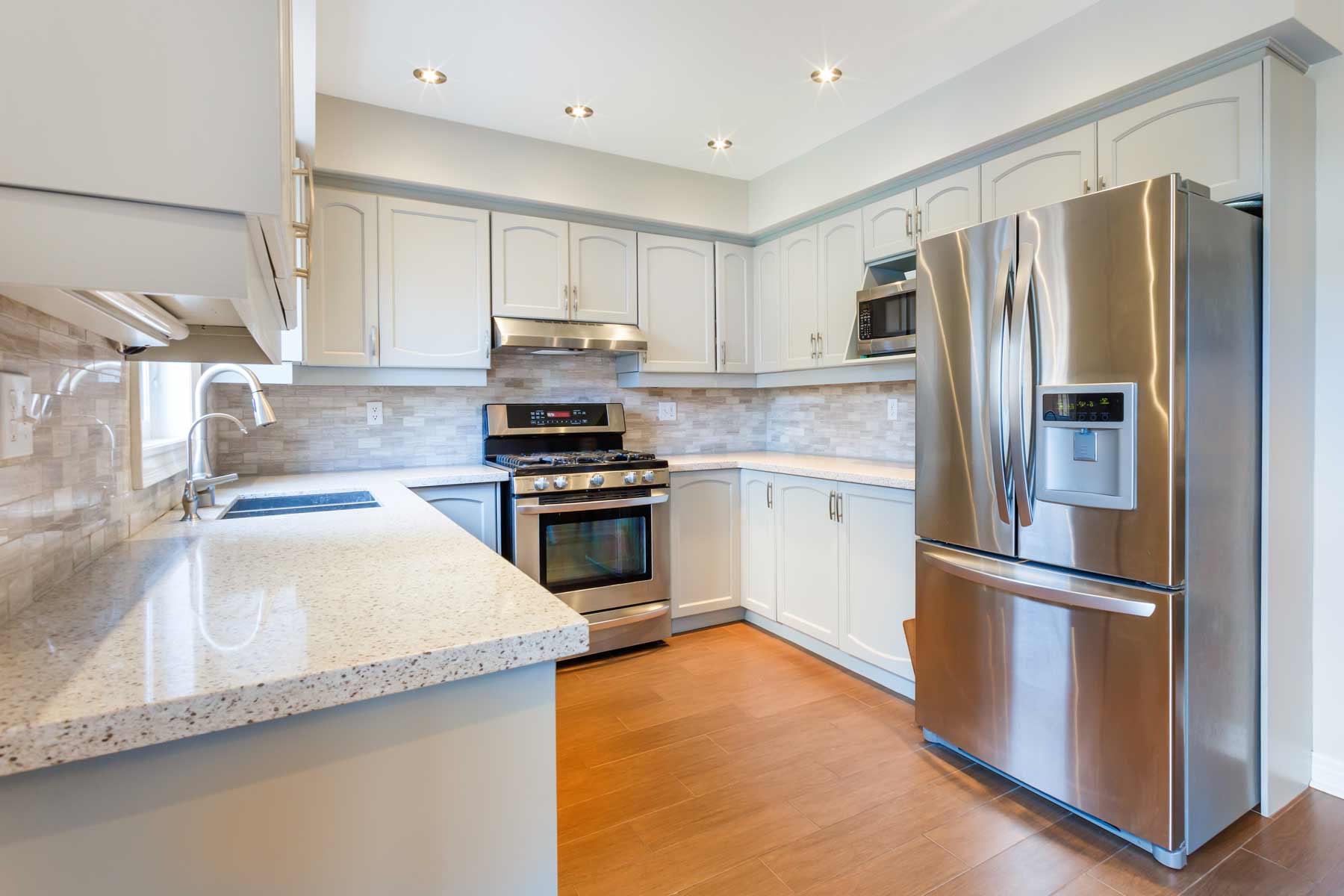
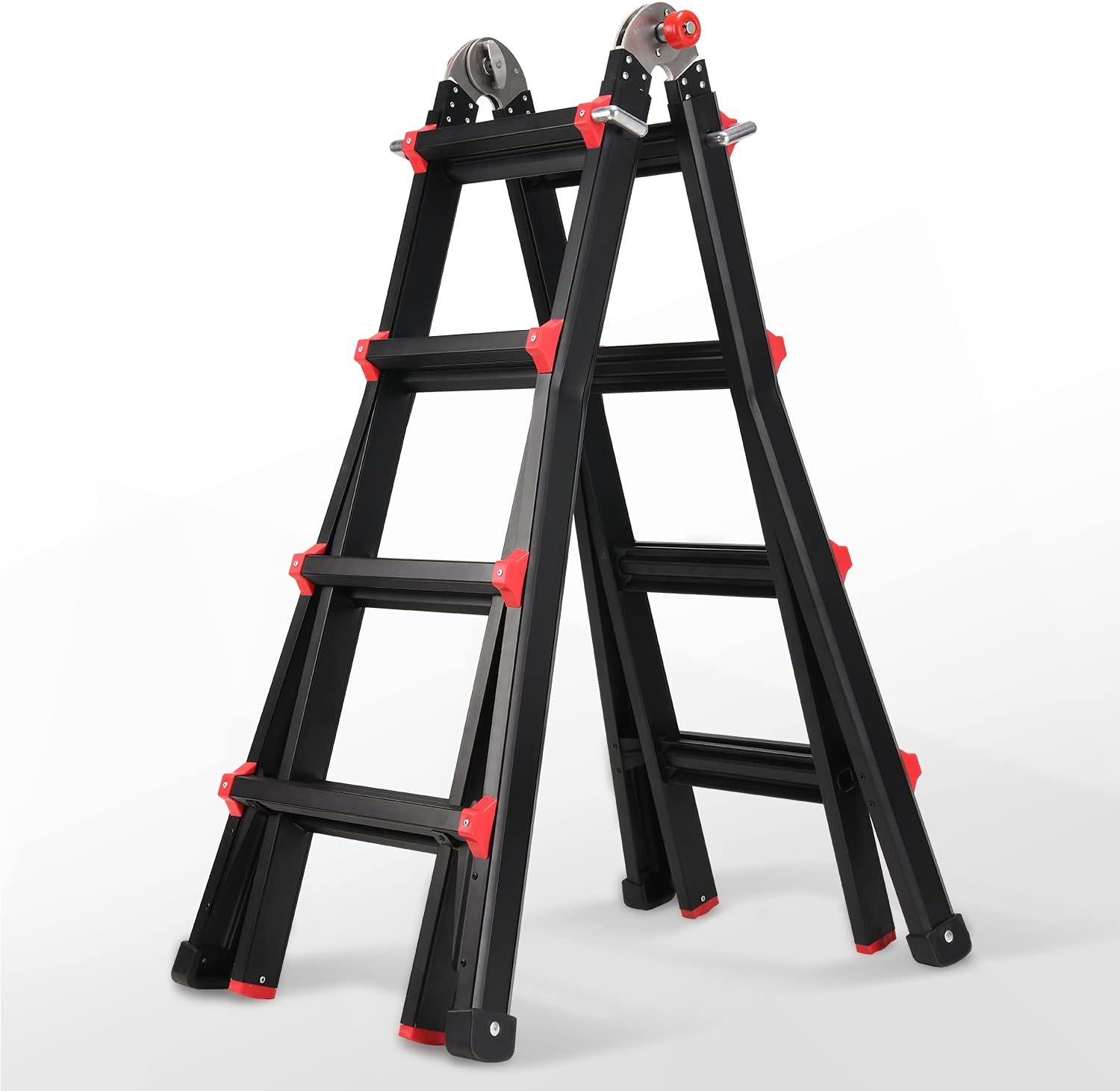
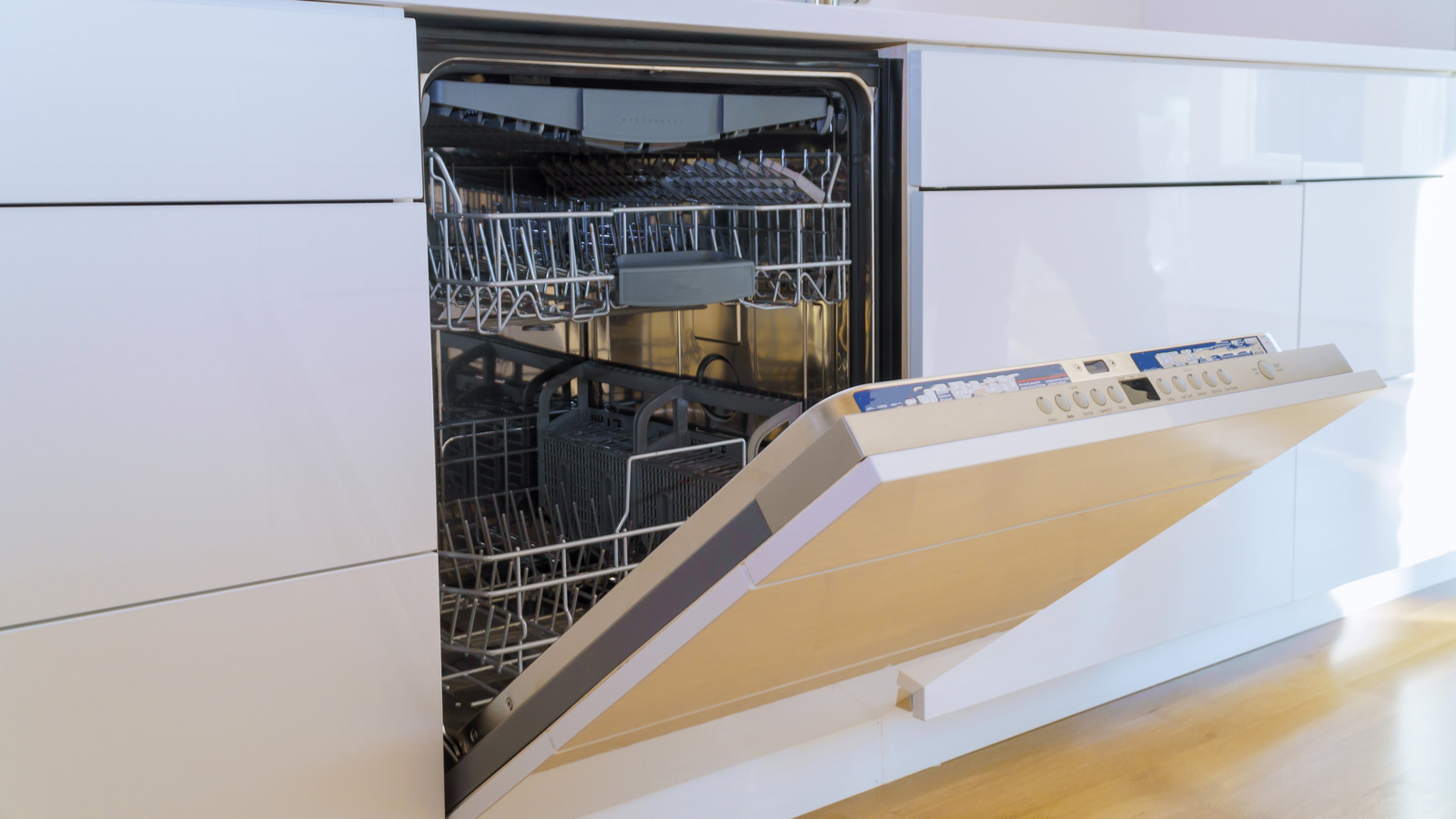
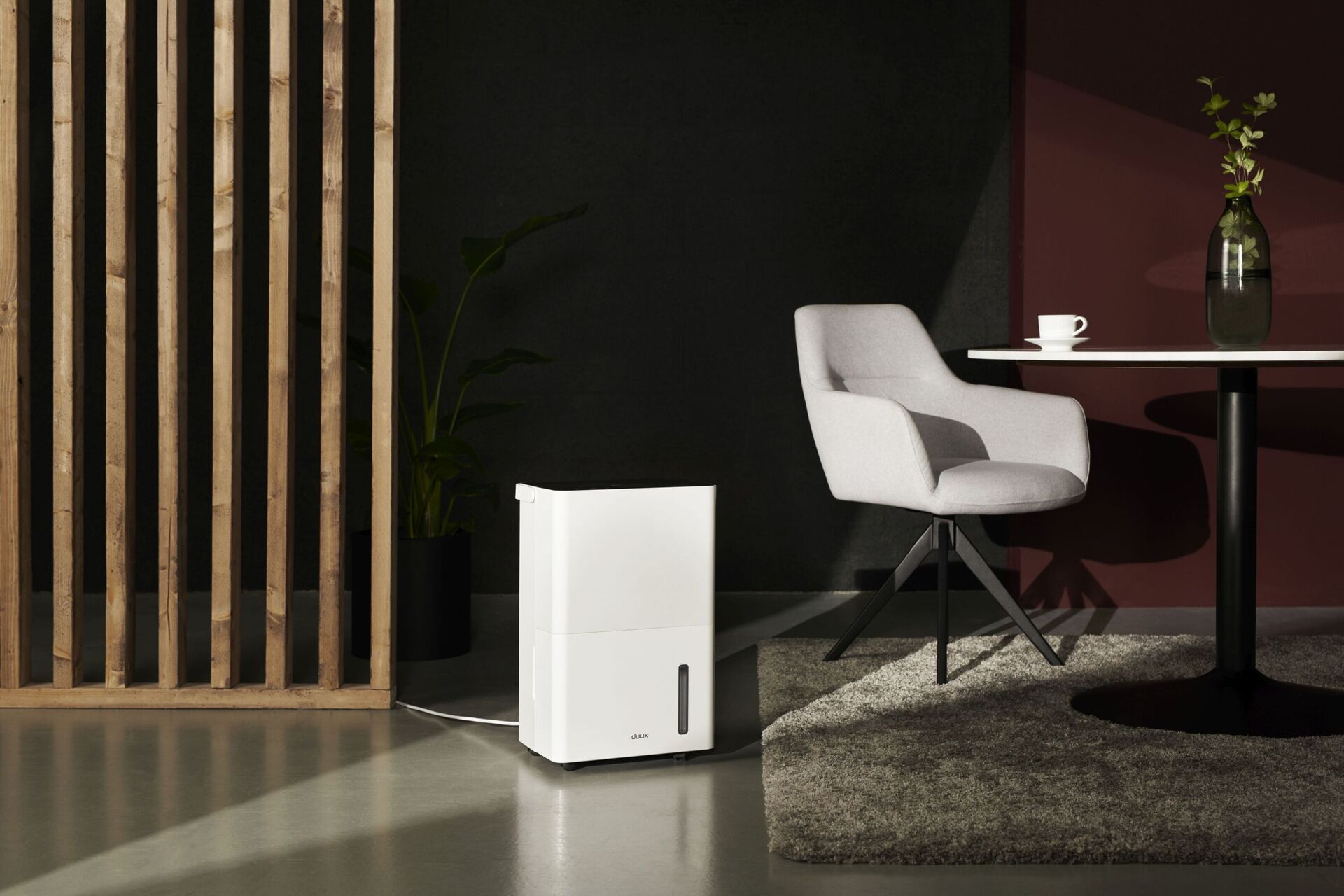
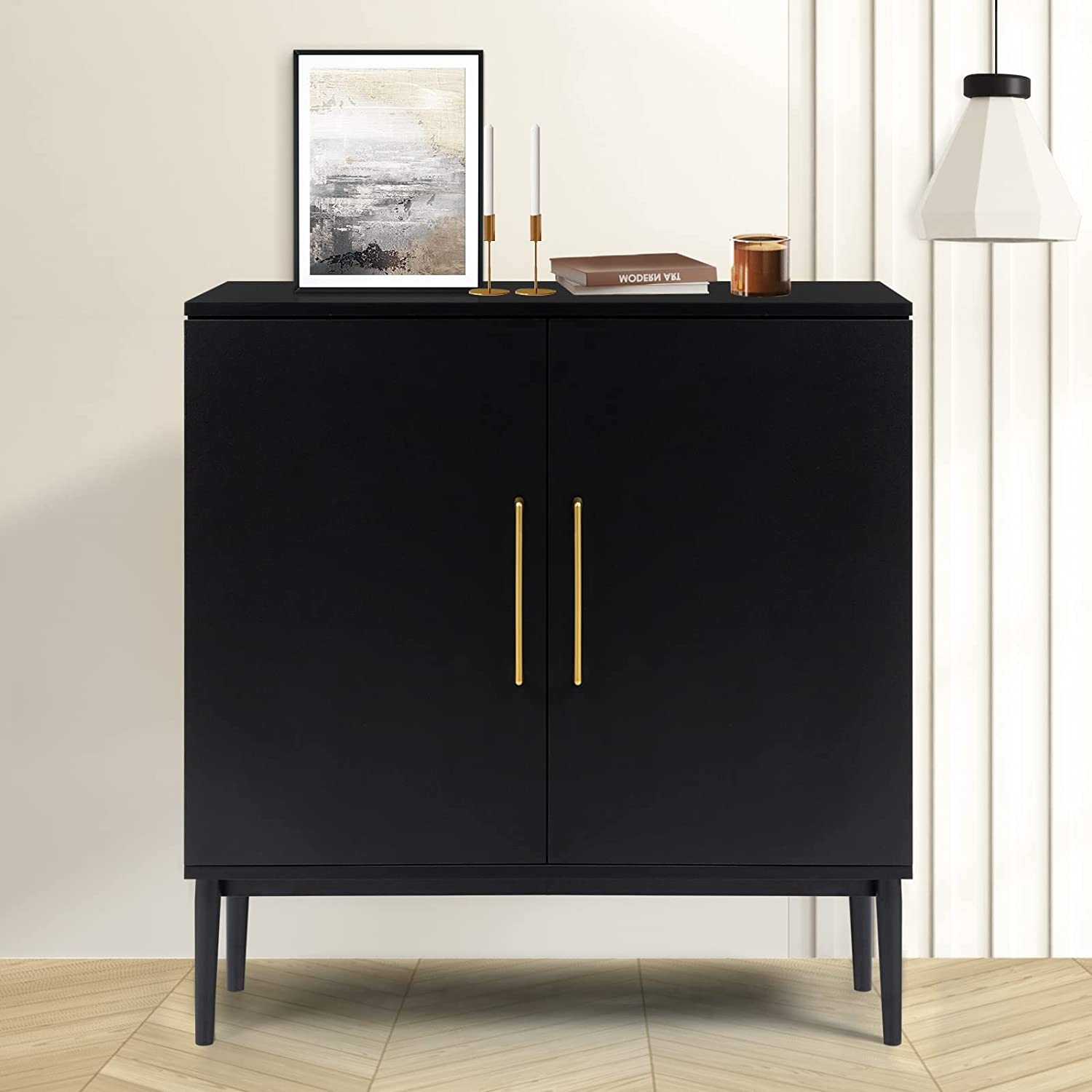

0 thoughts on “How Much Does A Commercial Coffee Machine Cost”